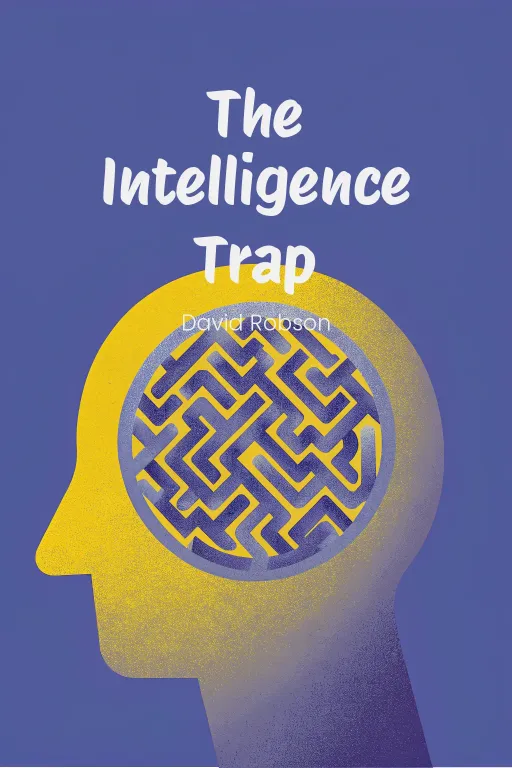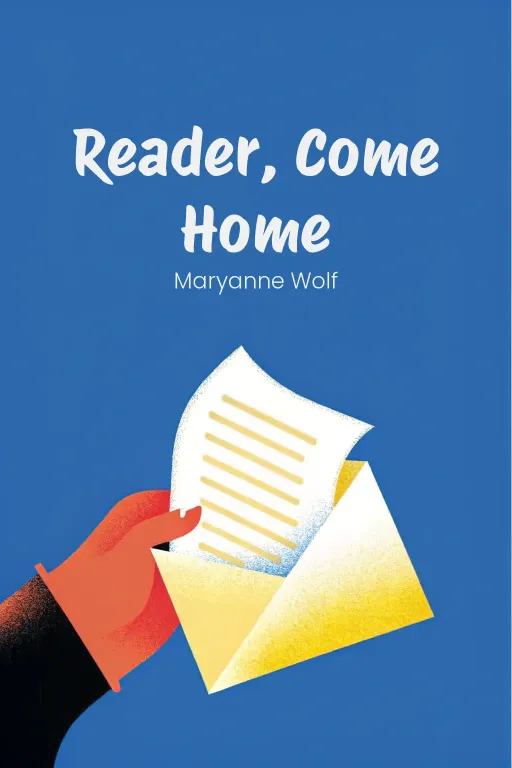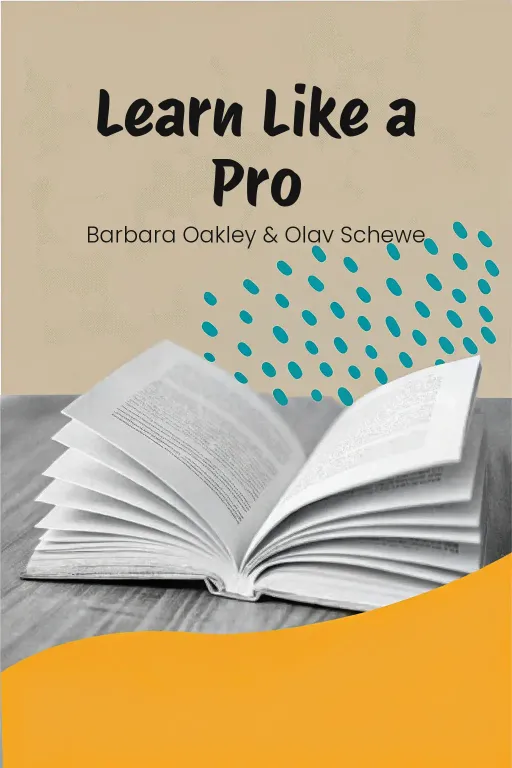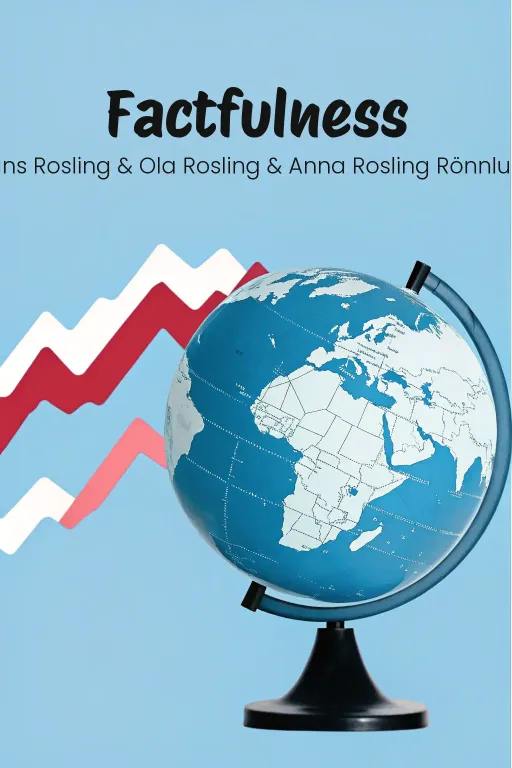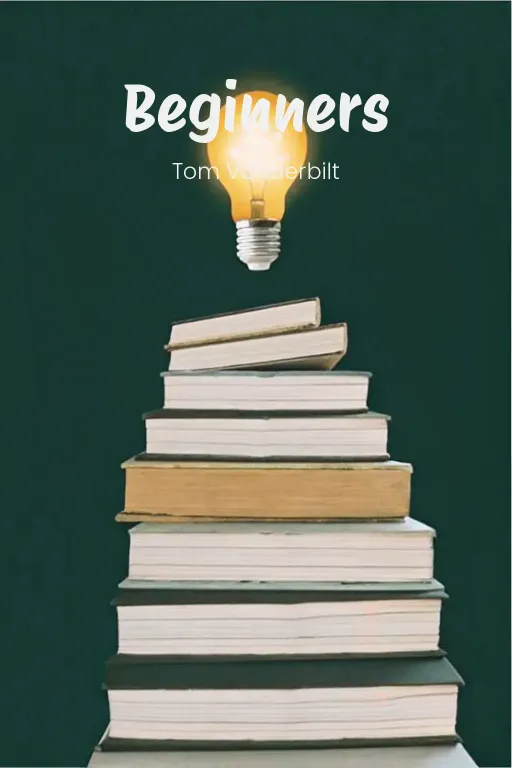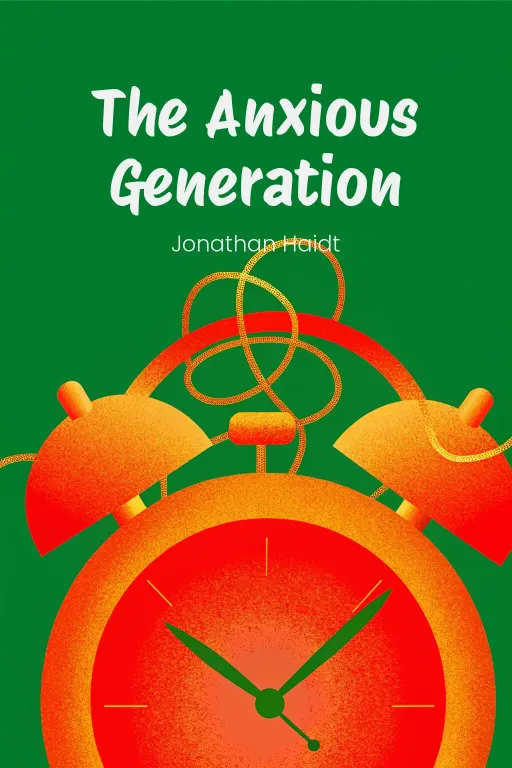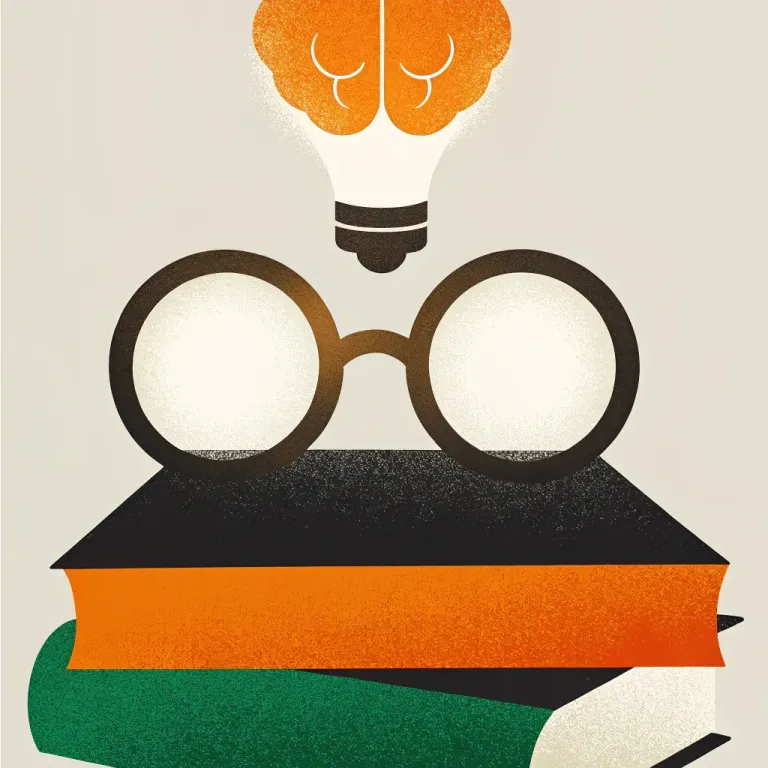
Read Deeper: Sharpen Your Mind in the Digital Age
Podcast by The Muse's Minute with Brian
The Reading Brain in a Digital World
Read Deeper: Sharpen Your Mind in the Digital Age
Brian: Is the way you scroll through news feeds changing how you think? Welcome to The Muse's Minute! I’m Brian. Today we're exploring the fascinating science behind reading, inspired by researchers like Maryanne Wolf. They reveal how our brains adapt—or struggle—in the digital age, which is critical for any creative mind trying to maintain focus and depth in a world buzzing with notifications. Brian: The single most powerful idea is this: Our constant shift to digital skimming is weakening our 'deep reading' muscles, potentially dimming critical thinking and empathy. But, crucially, we can train ourselves to become 'biliterate' – fluent in both deep, focused reading and efficient digital navigation. Think of it like being a cross-trained athlete. You need the endurance of a marathon runner—that's deep reading—and the quick agility of a sprinter for digital skimming. Relying only on sprints leaves you unfit for the long haul of complex ideas. Recognizing this need for balance is transformative. It empowers us to consciously reclaim depth in our thinking, even in this shallow-surfing world. Brian: So how does this play out? Well, many educators see it firsthand. Students increasingly struggle with dense texts, engaging in superficial 'word spotting' rather than immersing themselves. They dart through online material, grabbing keywords, but miss the deeper meaning and context. This habit, fueled by constant online stimuli, erodes our analytical skills. As one thinker put it, 'It would be a shame if brilliant technology were to end up threatening the kind of intellect that produced it.' We risk losing the ability to evaluate information critically because we bypass the slower, reflective process deep reading requires. And it's not just analysis we lose; deep reading builds empathy. When you truly immerse yourself in a novel, stepping into characters' shoes, grappling with their dilemmas – you literally exercise your empathy muscles. Now, contrast that immersive power with the resilience deep reading fostered even in extreme circumstances. Think about Dietrich Bonhoeffer, the theologian in a Nazi concentration camp. His deep engagement with books like the Bible and Goethe wasn't just reading; it was a sanctuary, shaping his inner life, allowing him to radiate joy despite horrific conditions, as a fellow prisoner noted. That's the profound depth and inner strength we risk losing when we only skim. From struggling students missing nuance to the power shown by Bonhoeffer, we see the vital importance of cultivating deep reading alongside our digital skills. Brian: Ready to build your biliterate brain? Here’s one simple, actionable takeaway: Practice intentional reading. First, carve out just 15-20 minutes each day for focused reading, ideally with print. No phones, no tabs open. Let your brain sink in. Second, when you are reading online, consciously choose moments to slow down. Found an important article? Resist the urge to just grab keywords. Give it focused attention. And if you read with kids, make it interactive with physical books when possible, asking questions to build those deep reading circuits early. Nurturing this balance isn’t about ditching digital; it’s about mastering both worlds. It's about integrating them to keep our thinking sharp, our empathy strong, and our understanding deep. That’s where the real spark lies. Brian: Until next time, keep finding your spark!


